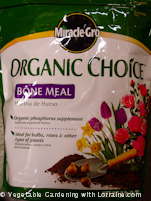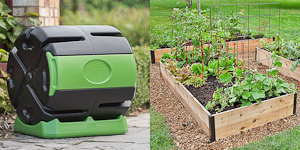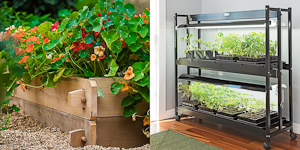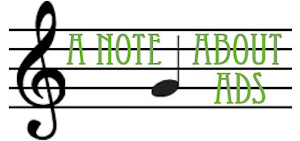- Home
- How to Make Organic Fertilizer
- Bone Meal
Bone Meal
Bone meal is a wonderful natural fertilizer that has been used by farmers and gardeners for centuries to improve root growth and flowering in plants. It is the premier source of phosphorus for use in organic gardening and is made from ground-up bones (either cooked or steamed). It can be applied to the overall garden at the time of initial soil prep in the spring, or can be sprinkled in the hole when transplanting starts or perennials to encourage the development of new roots.

Bone Meal = Phosphorus
Along with Nitrogen (N) and Potassium (K), Phosphorus (P) is one of the three major nutrients, or "macronutrients" needed by all plants. Plants use it for:
- photosynthesis
- many critical metabolic functions (including making DNA, RNA and ATP)
- root growth
- flower growth and color
There is an impending challenge with phosphorus: it is in finite supply, We don't recycle bones anymore (bone meal is becoming more expensive), and the places where rock phosphate is mined are running out. We are approaching "peak phosphorus".
Our food system is dependent on replacing the phosphorus that is removed from the soil, and unless we start recycling bones into bone meal, we're going to run out of phosphorus in 50-70 years. There is more information on this page at MIT. This is another reason to learn to garden for nutrition, now. You can read more about how to garden for nutrition on the organic fertilizer page.
Bone meal is not taken up directly by plants, but is first digested by soil microorganisms, which act as intermediaries between the soil and the plant, delivering to them just the amount of phosphorus they need.
This is one reason why compost is so very important - it's not just supplying nutrients - it supplies the billions of microorganisms that plants need to make the nutrients available. It’s a symbiosis thing.
This is also why it is more challenging to grow an organic garden in pots or raised beds that are filled with store-bought potting mix. Most potting mix has very few beneficial soil microorganisms in it, which are the plants’ friends and allies.
Most plants do not need a lot of phosphorus, but the little bit they do need is critical.
Phosphorus deficiency can produce the following symptoms:
- stunted growth
- spindly stems
- dark veins while rest of the leaf fades to yellow
- purplish or bluish green leaf color
- late or stunted flowers, or even no flowering
Some other mineral deficiencies, as well as pH or water issues, may cause similar symptoms, so the best way to determine if your soil needs phosphorus specifically is to do a soil test. I recommend contacting your local State University Extension Service for this. It usually only costs about $20. and will let you know what, if anything, is out of balance in your soil. It'll save you money in the long run by preventing unnecessary fertilization.
Bone meal is a slower-releasing form of phosphorus fertilizer than “superphosphate” or “triple phosphate", the most popular non-organic forms. It is more stable in the soil, and will not wash away like chemical fertilizers will (which then pollute the groundwater). It will also not “burn” plants, which occurs when chemical fertilizers are too high in concentration and become caustic to the plant tissues, killing them.
An Urban Legend Scare
It is believed by some that bone meal can carry BSE, or “bovine spongiform encephalopathy” - so-called “mad cow disease”. The human version of this disease is called Creutzfeldt-Jakob disease, and three cases of it in Britain developed in people who were rose gardeners and who regularly applied bone meal to their roses.
However, in doing deeper research on this, I found two important things: 1) there is no mad cow disease in the US, and 2) the meal in the US is processed in a different way than in Britain. In the US it is processed using both very high temperatures and a chemical solvent, whereas in Britain, they mostly only use heat (or at least they used to). The chemical solvent used in the US kills BSE.
So the take-away is:
1) use US-manufactured bone meal, and
2) wear a mask when you work with dust of any kind.
You Are Here: Vegetable Gardening Home > Organic Fertilizers > Bone Meal
Help share the skills and spread the joy
of organic, nutrient-dense vegetable gardening, and please...
~ Like us on Facebook ~
Thank you... and have fun in your garden!
Affiliate Disclaimer
This website contains affiliate links to a few quality products I can genuinely recommend. I am here to serve you, not to sell you, and I do not write reviews for income or recommend anything I would not use myself. If you make a purchase using an affiliate link here, I may earn a commission but this will not affect your price. My participation in these programs allows me to earn money that helps support this site. If you have comments, questions or concerns about the affiliate or advertising programs, please Contact Me.Contact Us Page



